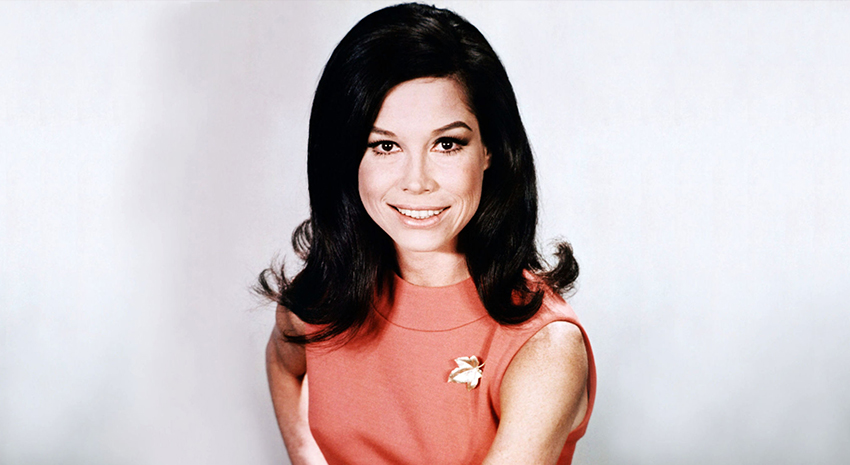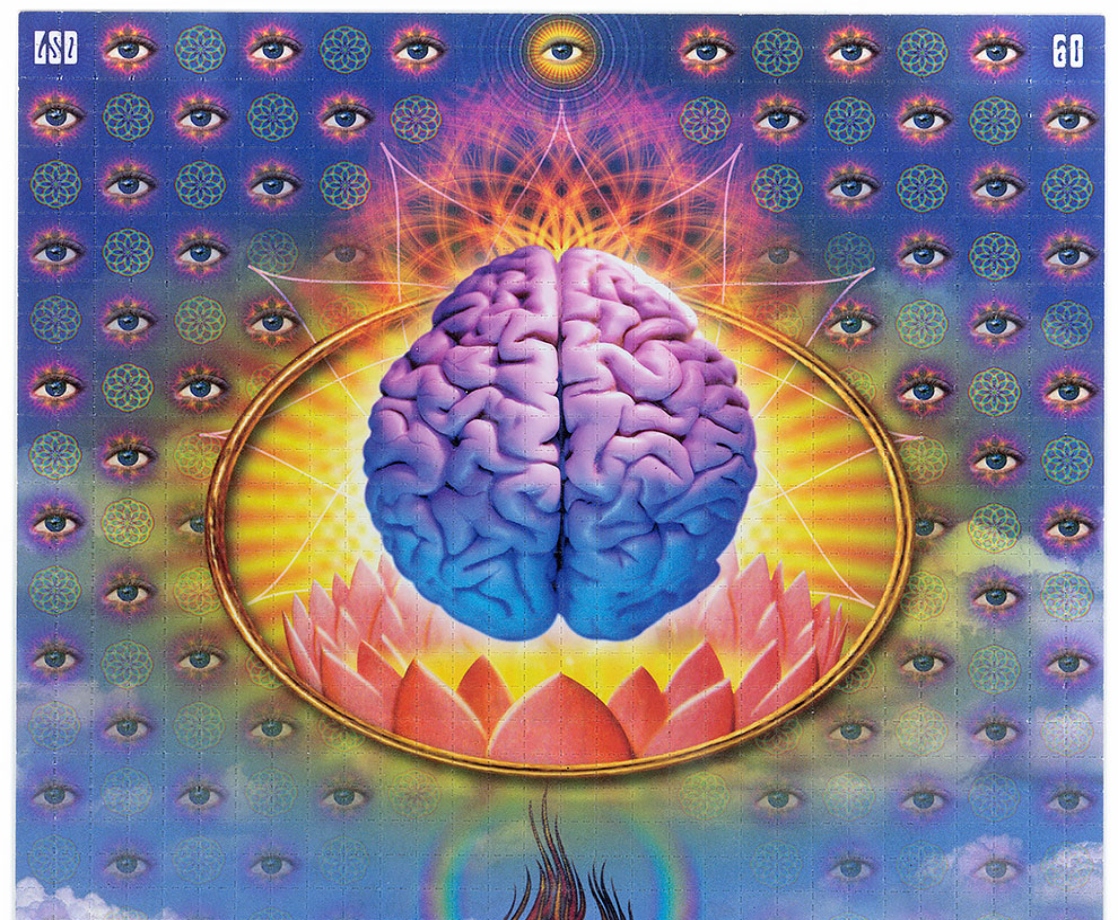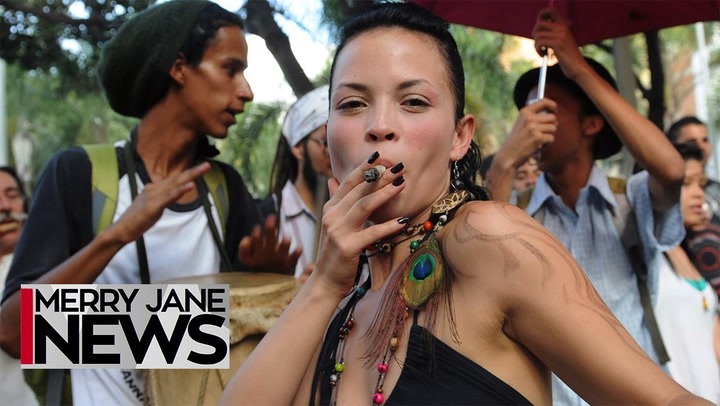Growing up in a small town meant that TV was my window to the larger world. I was born in the mid ’80s, but as a kid I gravitated towards reruns of ’60s and ’70s sitcoms for my education. Taxi taught me about big-city life. “I guess in big cities friends hang out in garages?” From Bewitched I learned that housewives could be witches and that kaftans existed. And, The Mary Tyler Moore Show showed me that the passion in a woman’s life didn’t have to come from a man—it could come from her work and her friends. MIND BLOWN.
Back in those days, I was an imaginative child who also had the bad habit of taking things literally. For a few years, part of me thought The Mary Tyler Moore Show was a show all about my mom, because she is also named Mary. There was also a large “M” on a wall in our house, just like in Mary Tyler Moore’s apartment on the show. AND…they were both slim brunette white ladies.
Those three things combined convinced my mind that The Mary Tyler Moore Show was a documentary of what my mom’s life was like before she got married and had kids. When my older sister broke the news to me that this was not the case, I was disappointed. “But…the M on the wall!” I said.
The show was not about my mother’s past, but perhaps, I thought, it could be a blueprint for my own undefined future? I hoped that one day I could live in a big city and a have a fun job and fun friends. (Who doesn’t want to smoke a jay with Phyllis and Rhoda???) And perhaps I’d even be able to throw a beret in the air with glee. SPOILER: I’ve done my own beret toss in several big cities and it feels great every time. Except when I do it I look more like the Rhoda than the Mary.
Despite my love of all things ’70s TV, there was one sitcom I refused to watch as a kid—the iconic All in the Family. Why was the mean man soooo mean? What was that guy’s DEAL? I could handle the grumpiness of Lou Grant on The Mary Tyler Moore Show and the surliness of Danny Devito on Taxi, but the man in the armchair was a monster I could not bear. As an adult I now realize that All in the Family was an important show that tackled a lot of taboo social topics—but I missed out on all of them because the lead character scared the crap out of me.
Fortunately the lead character on The Mary Tyler Moore Show wasn’t scary at all—she was basically my mom! So, I was able to easily swallow the gentle messages of equality the writers slipped into the scripts. Like the easy listening of the ’70s that I also love, MTM washed over me like a light blanket of beautiful earnestness. Sure, the show tackled larger issues too, like anti-Semitism, homosexuality, and the wage gap—but it did it with a smile instead of yelling. Just like Mary when she was on Charlie Rose in 1995 and he was being annoying. She just smiled while gently, politely correcting him, and moved on.
An epic scene from Thoroughly Modern Millie (1967), a wonderful movie to watch whilst high.
Mary Tyler Moore never called herself a feminist. Sure, she talked like one and walked like one, but she would always stop just short of the title. Perhaps she knew that people of that era wouldn’t watch a TV show starring an “angry feminist”—just like I wouldn’t watch a show with a yelling man. But everyone loved a show about a non-threatening white gal who can turn the world on with her smile.
Through watching The Mary Tyler Moore Show, this sneaky brand of feminism became my gateway drug to the real thing. The values MTM represented on the show—her ability to stick up for herself and what she believes in, her earnestness in the face of anger, and her optimism in the face of opposition—are all values that continue to stick with me today. So, thank you, Mary, for showing us that it’s possible to smile politely while you quietly smash through glass ceilings.











